Plastic cooking utensils have become a staple in many kitchens worldwide due to their affordability, lightweight nature, and ease of use. However, concerns regarding their safety have emerged, raising questions about potential health risks associated with using plastic in the kitchen. In this article, we will explore the safety considerations surrounding plastic cooking utensils and address the essential factors to keep in mind when selecting and using them. Choosing the Right Plastic: Not all plastics are created equal, and some are safer for cooking purposes than others. When selecting plastic cooking utensils, it’s crucial to look for those labeled as food-grade or BPA-free. BPA, a chemical commonly found in certain plastics, has raised concerns due to its potential adverse health effects.
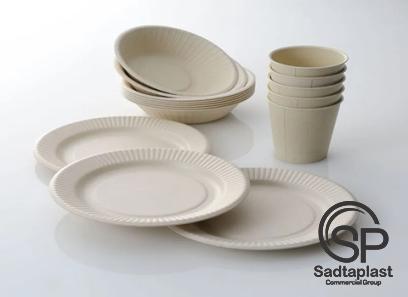
.
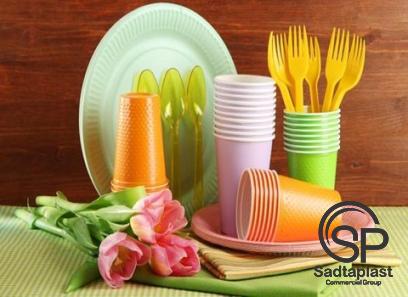 Opting for utensils made from BPA-free plastics ensures that you are reducing exposure to this chemical, ensuring safer food preparation. Temperature Resistance: Another crucial consideration when using plastic utensils is their temperature resistance. Plastic cooking utensils should be able to withstand high temperatures without melting or releasing harmful chemicals into the food. Look for heat-resistant plastic utensils that are explicitly designed for cooking and can withstand temperatures up to at least 400°F (204°C). This ensures that you can confidently use them for frying, sautéing, or any other high-heat cooking methods. Avoiding Scratches and Damages: It is vital to maintain the integrity of plastic utensils to prevent them from becoming potential sources of contamination.
Opting for utensils made from BPA-free plastics ensures that you are reducing exposure to this chemical, ensuring safer food preparation. Temperature Resistance: Another crucial consideration when using plastic utensils is their temperature resistance. Plastic cooking utensils should be able to withstand high temperatures without melting or releasing harmful chemicals into the food. Look for heat-resistant plastic utensils that are explicitly designed for cooking and can withstand temperatures up to at least 400°F (204°C). This ensures that you can confidently use them for frying, sautéing, or any other high-heat cooking methods. Avoiding Scratches and Damages: It is vital to maintain the integrity of plastic utensils to prevent them from becoming potential sources of contamination.
..
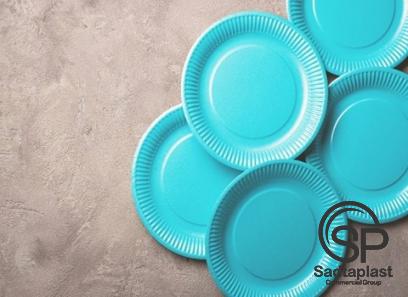 Scratched or damaged plastic can harbor bacteria and leach chemicals more easily, compromising food safety. To minimize this risk, opt for high-quality plastic utensils that are less prone to scratching and do not use abrasive scrubbers when cleaning them. Regularly inspect your utensils for any signs of wear and tear, and replace them if necessary. Proper Cleaning and Storage: Maintaining cleanliness and hygiene is essential when using any kitchen utensils, including plastic ones. Clean your plastic cooking utensils thoroughly in hot, soapy water to remove any food residues and prevent the buildup of bacteria. Avoid harsh chemicals or bleach-based products, as they can damage the plastic and leave behind residues that may contaminate food. After cleaning, allow the utensils to air dry completely, as moisture can promote the growth of bacteria. Store your plastic utensils in a clean and dry environment, separate from other kitchen tools, to maintain their sanitary condition.
Scratched or damaged plastic can harbor bacteria and leach chemicals more easily, compromising food safety. To minimize this risk, opt for high-quality plastic utensils that are less prone to scratching and do not use abrasive scrubbers when cleaning them. Regularly inspect your utensils for any signs of wear and tear, and replace them if necessary. Proper Cleaning and Storage: Maintaining cleanliness and hygiene is essential when using any kitchen utensils, including plastic ones. Clean your plastic cooking utensils thoroughly in hot, soapy water to remove any food residues and prevent the buildup of bacteria. Avoid harsh chemicals or bleach-based products, as they can damage the plastic and leave behind residues that may contaminate food. After cleaning, allow the utensils to air dry completely, as moisture can promote the growth of bacteria. Store your plastic utensils in a clean and dry environment, separate from other kitchen tools, to maintain their sanitary condition.
…
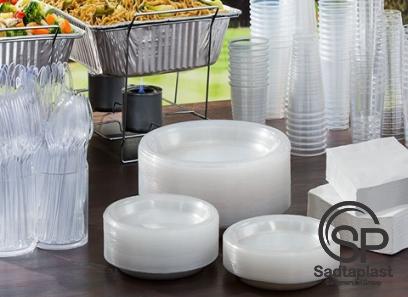 Alternatives to Plastic: While plastic cooking utensils can be safe when used correctly, some individuals may prefer alternative materials. Stainless steel, silicone, and wood are popular choices for those seeking alternatives to plastic. Stainless steel utensils offer durability and temperature resistance, while silicone utensils are highly heat-resistant and non-stick. Wooden utensils are also a safe option, but they require proper care to prevent bacteria growth. Ultimately, the choice of material depends on personal preference and individual circumstances. Conclusion: Plastic cooking utensils can be safe and convenient to use in the kitchen if the right precautions are taken. Selecting food-grade or BPA-free plastics, ensuring temperature resistance, avoiding scratches, and practicing proper cleaning and storage techniques are essential steps in maintaining the safety of plastic utensils. However, if you have concerns or simply prefer alternative materials, there are several options available that offer similar functionality. Ultimately, it is crucial to make informed choices based on your specific needs and concerns to ensure safe and enjoyable cooking experiences.
Alternatives to Plastic: While plastic cooking utensils can be safe when used correctly, some individuals may prefer alternative materials. Stainless steel, silicone, and wood are popular choices for those seeking alternatives to plastic. Stainless steel utensils offer durability and temperature resistance, while silicone utensils are highly heat-resistant and non-stick. Wooden utensils are also a safe option, but they require proper care to prevent bacteria growth. Ultimately, the choice of material depends on personal preference and individual circumstances. Conclusion: Plastic cooking utensils can be safe and convenient to use in the kitchen if the right precautions are taken. Selecting food-grade or BPA-free plastics, ensuring temperature resistance, avoiding scratches, and practicing proper cleaning and storage techniques are essential steps in maintaining the safety of plastic utensils. However, if you have concerns or simply prefer alternative materials, there are several options available that offer similar functionality. Ultimately, it is crucial to make informed choices based on your specific needs and concerns to ensure safe and enjoyable cooking experiences.

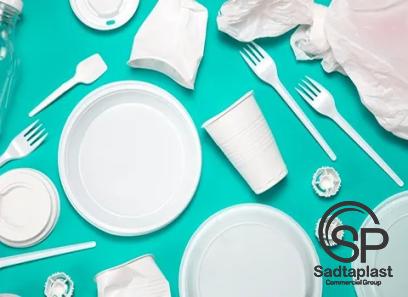
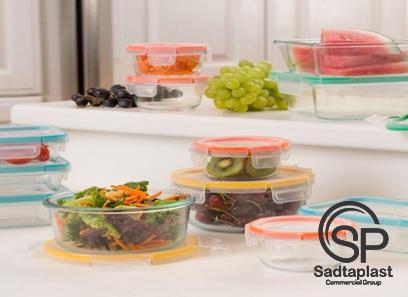
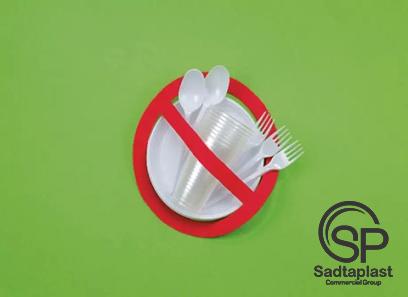
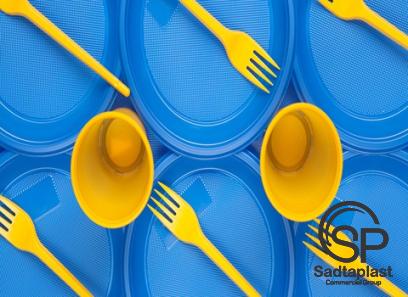
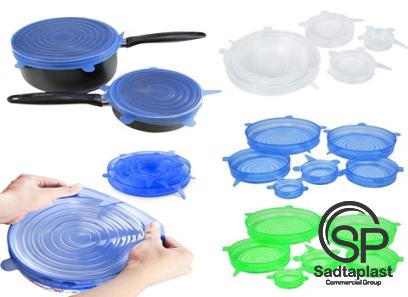
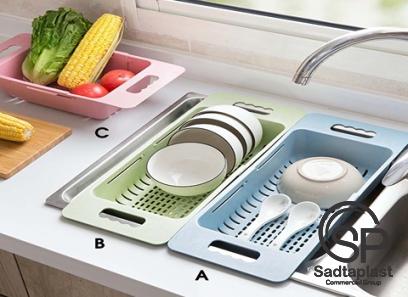
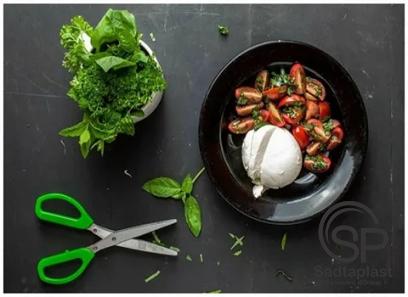

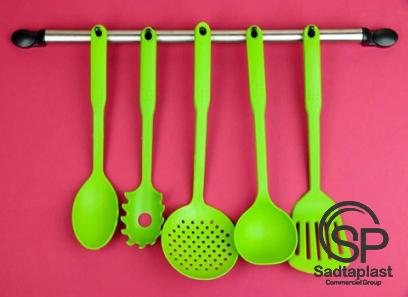
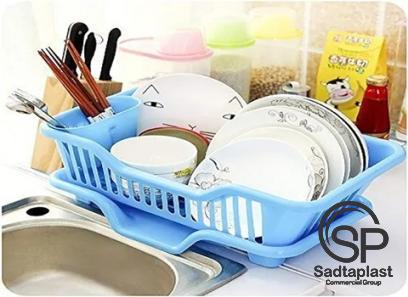
Your comment submitted.